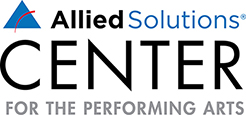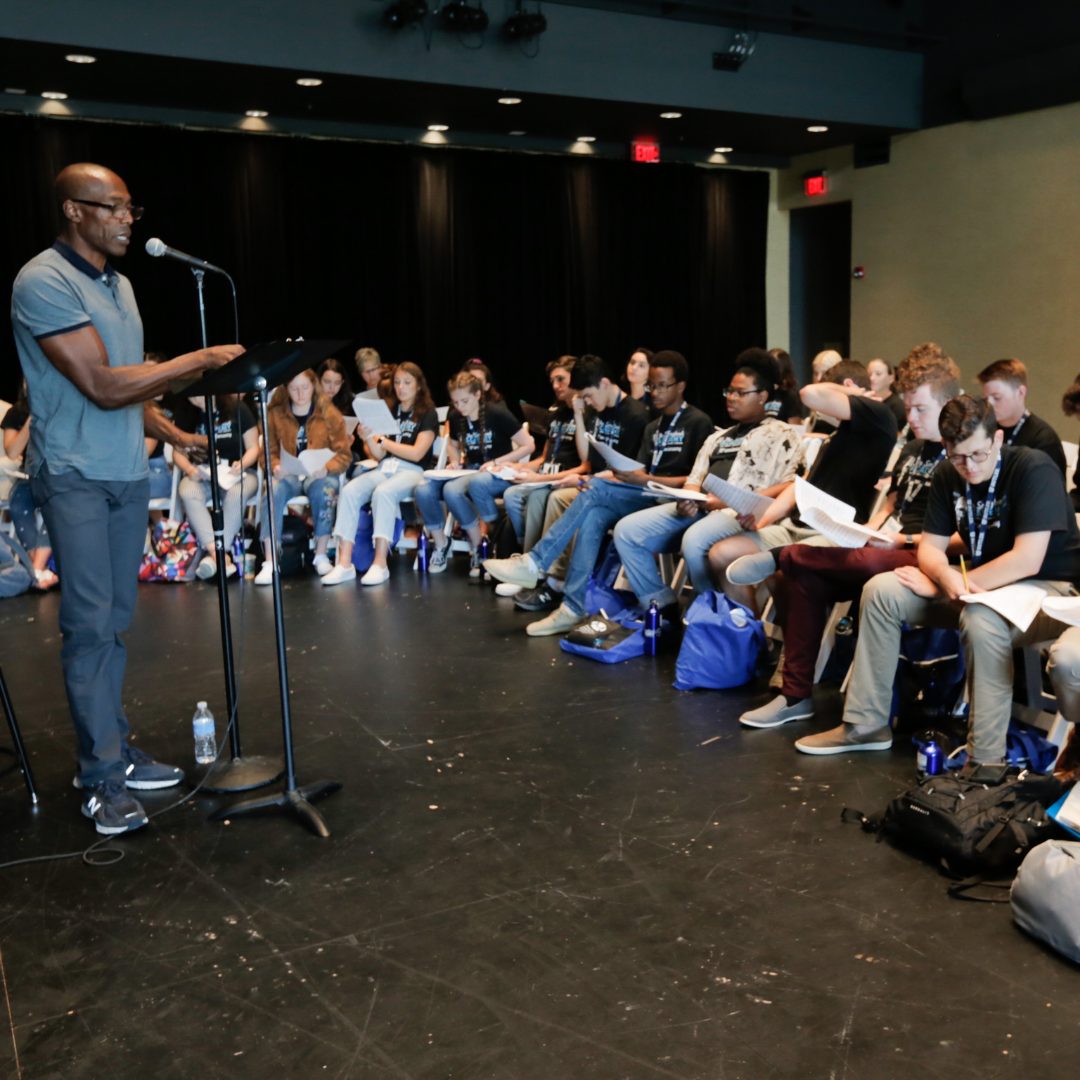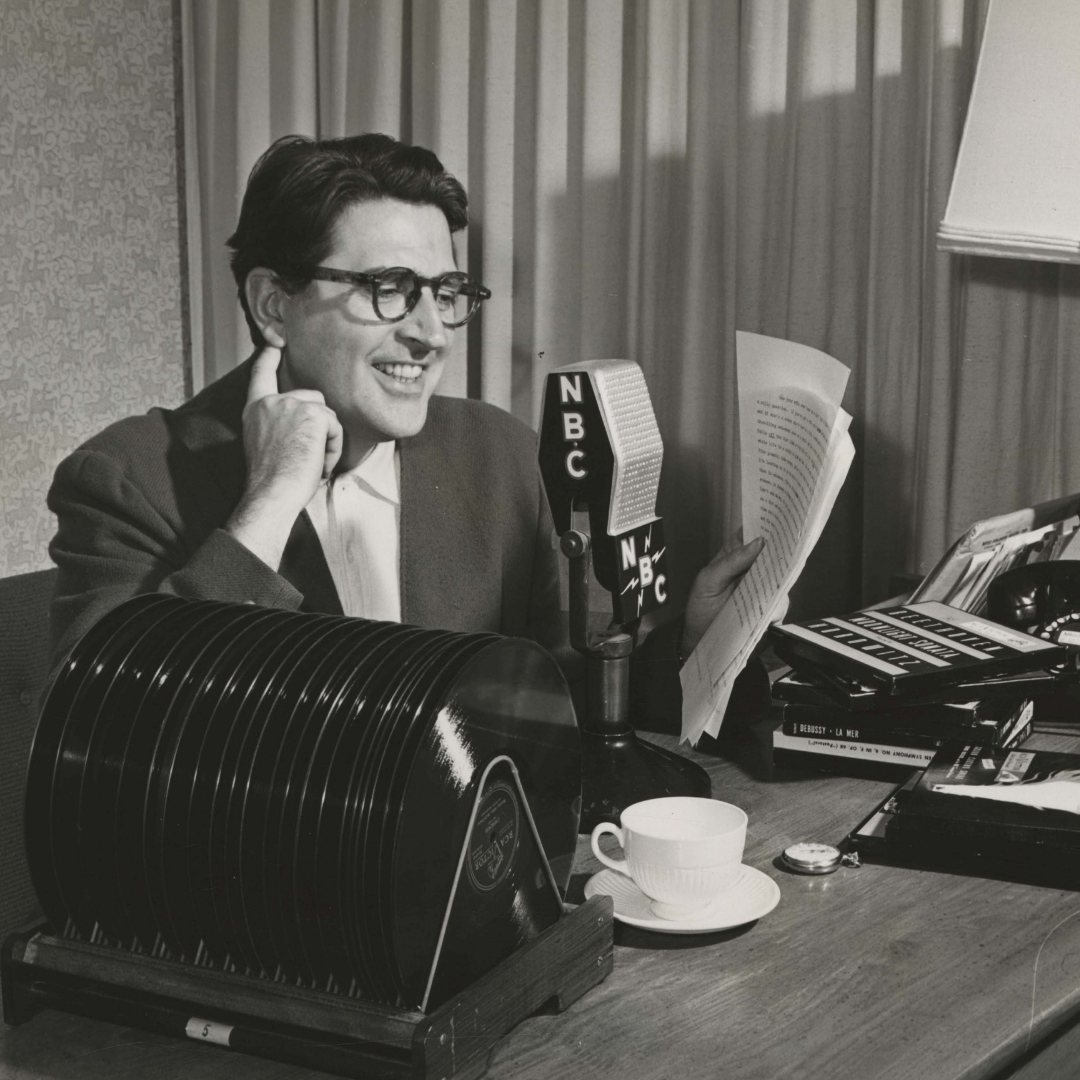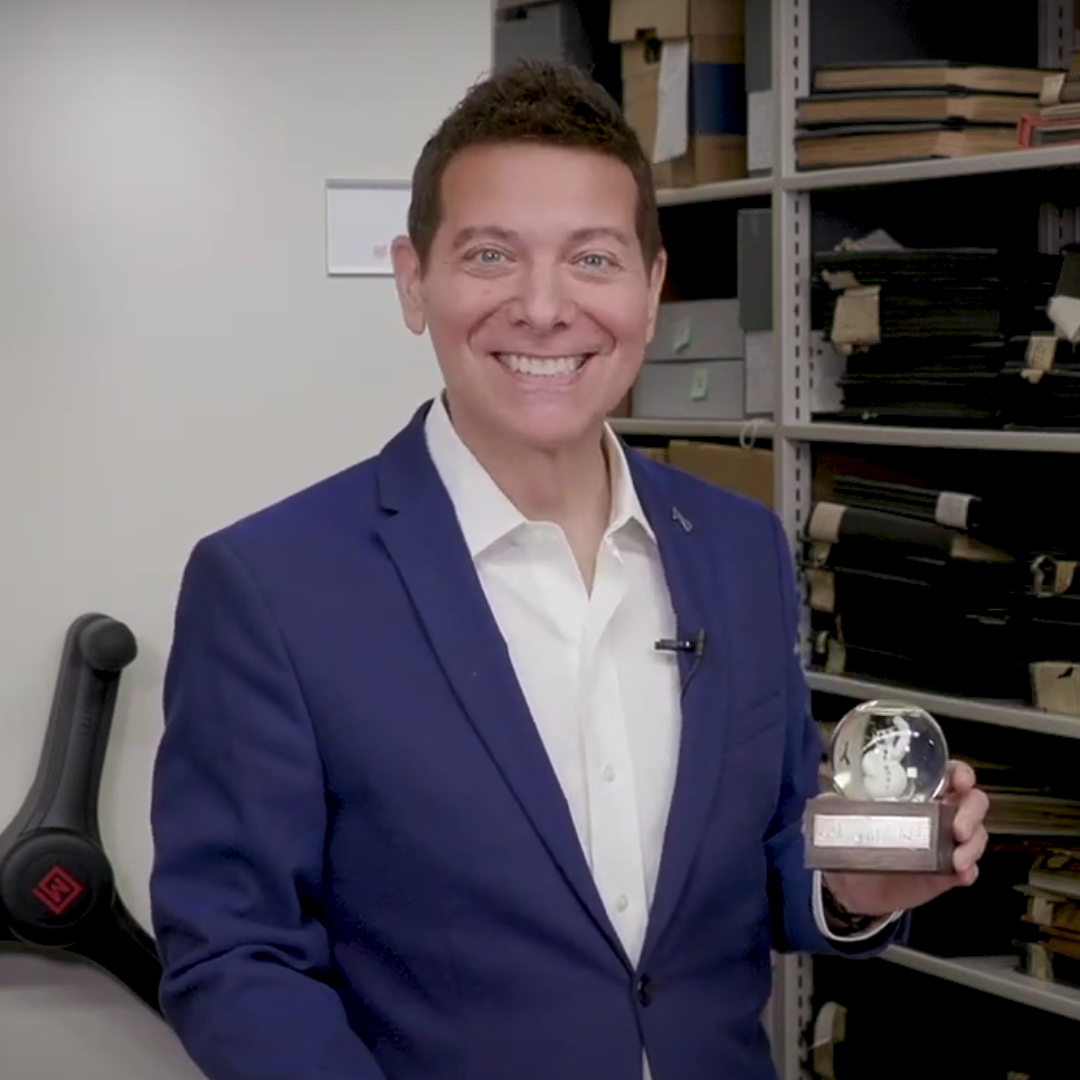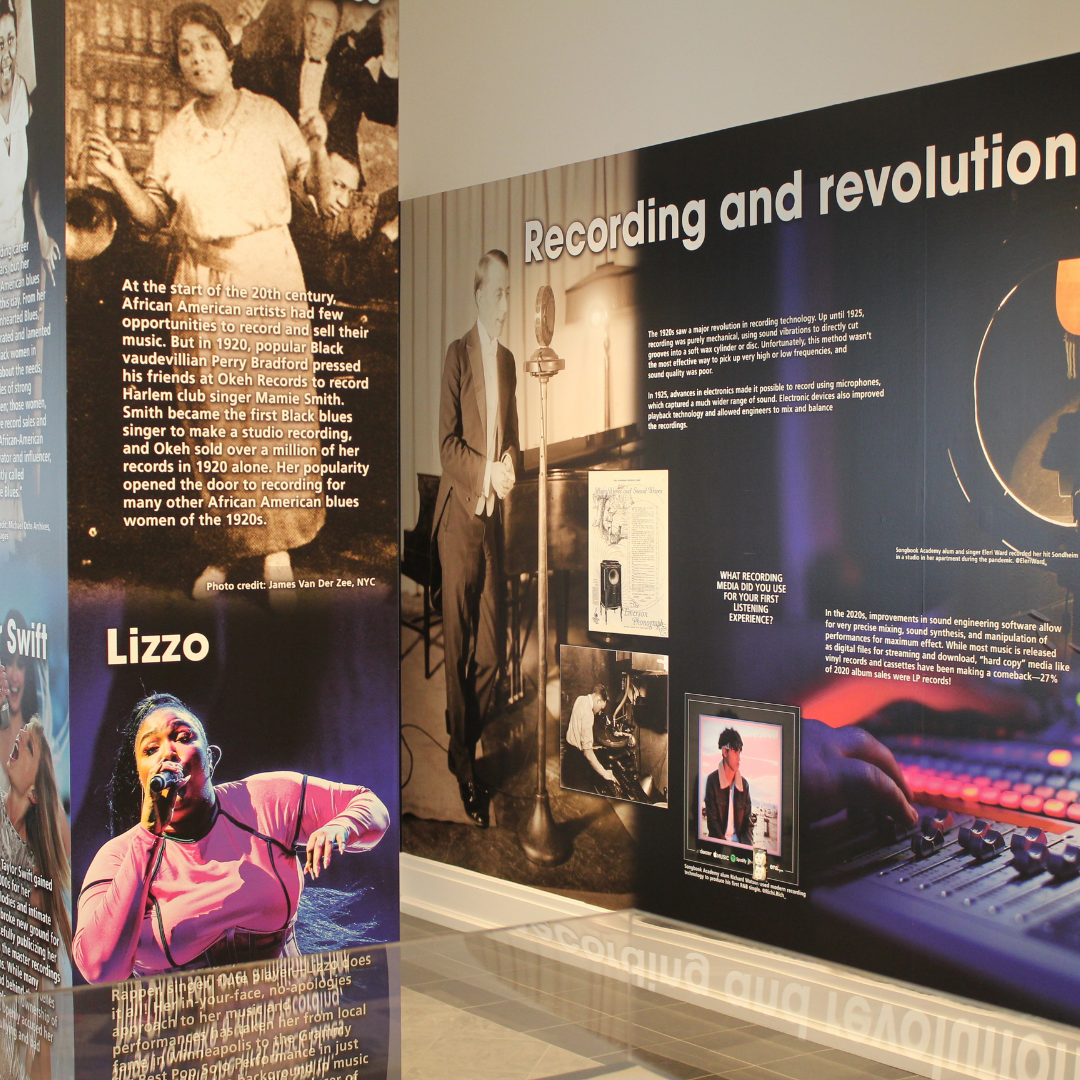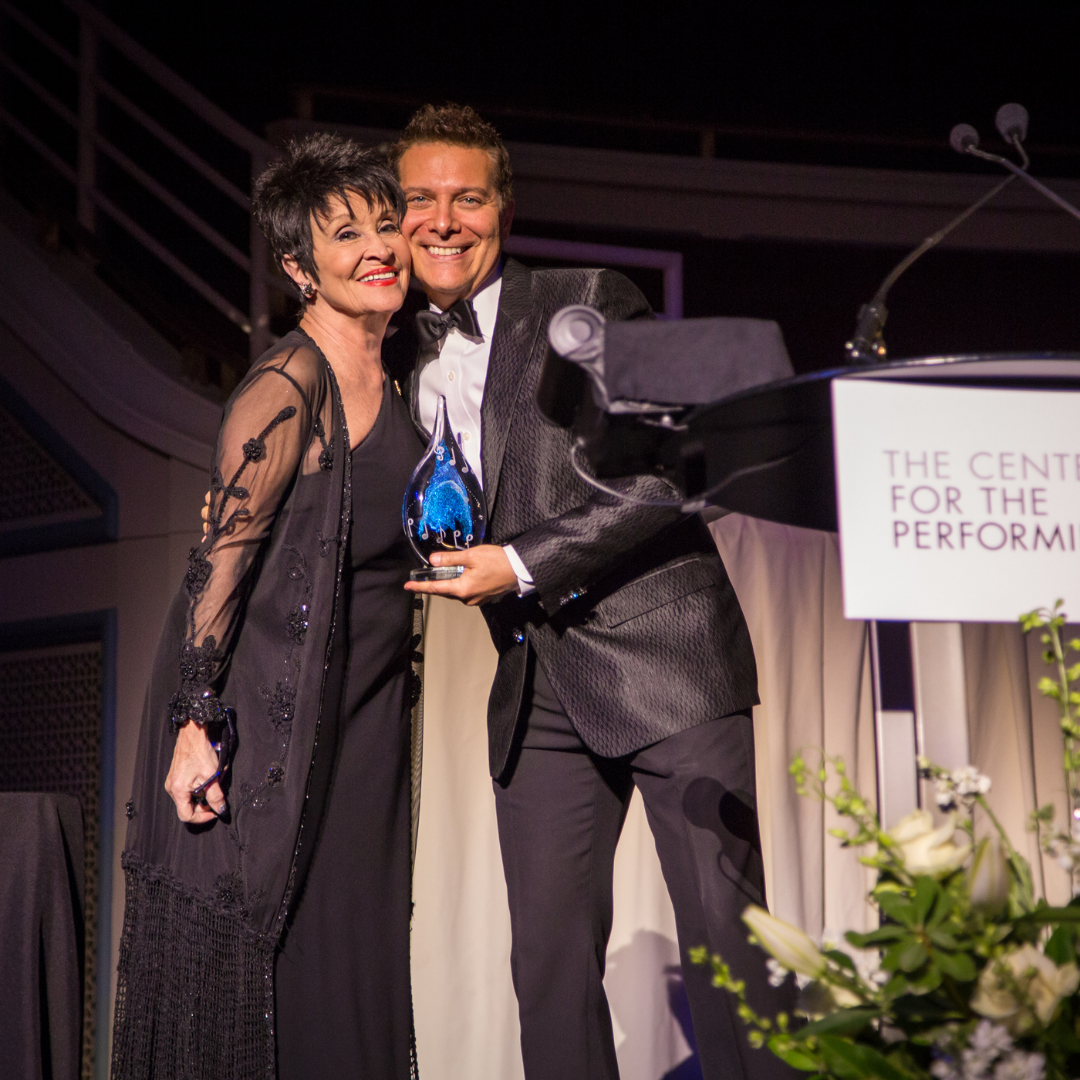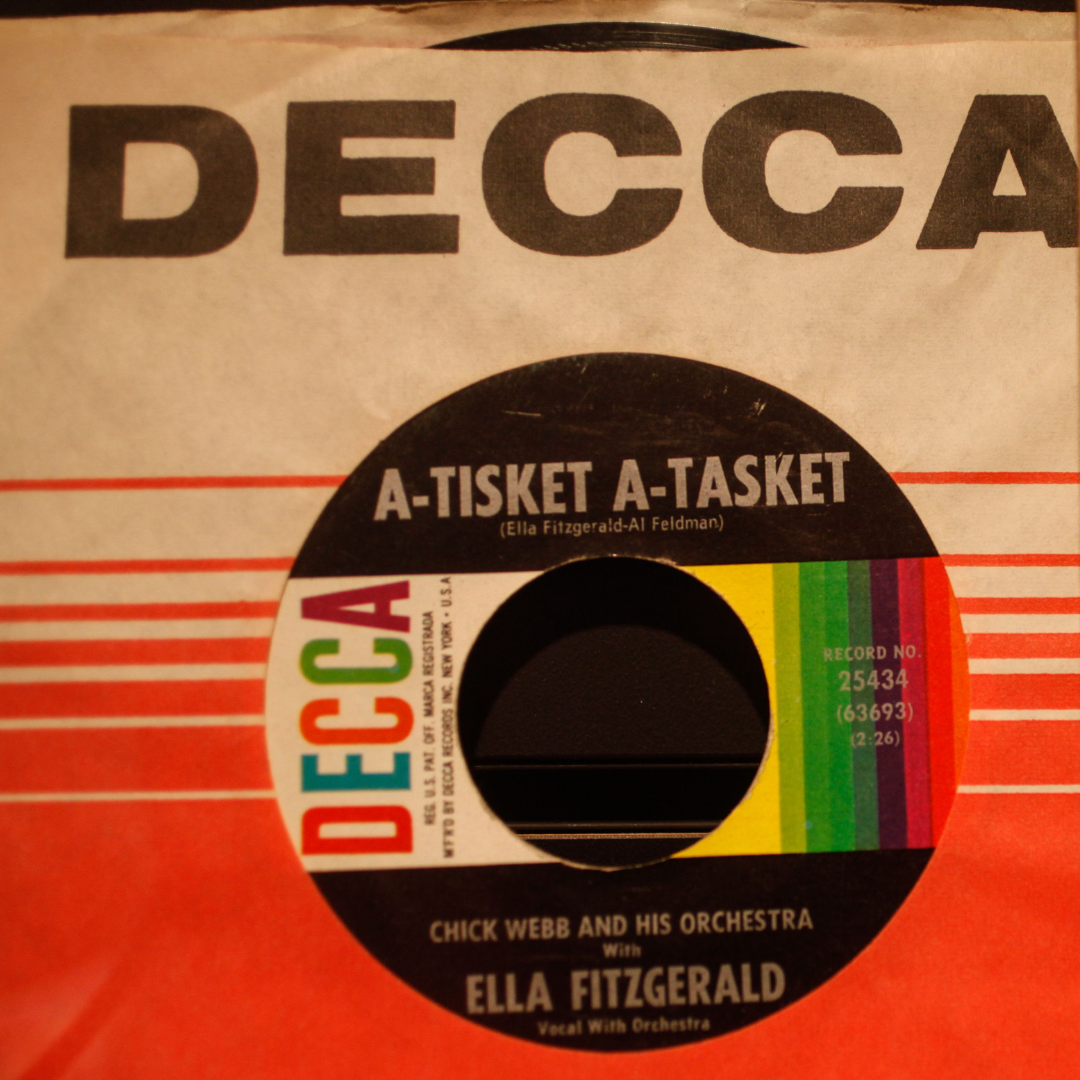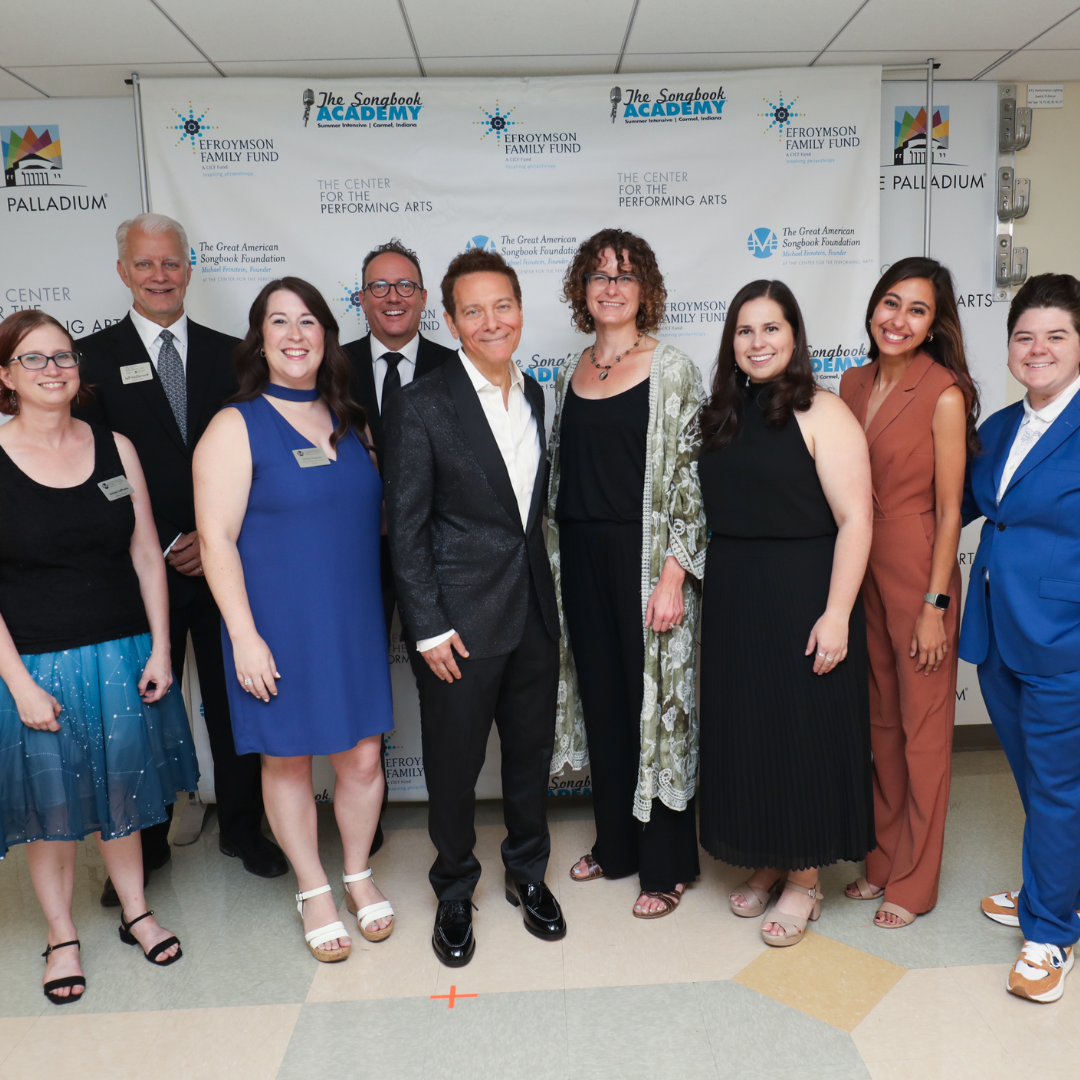In the Archives: Becoming a Certified Archivist
May 14, 2019
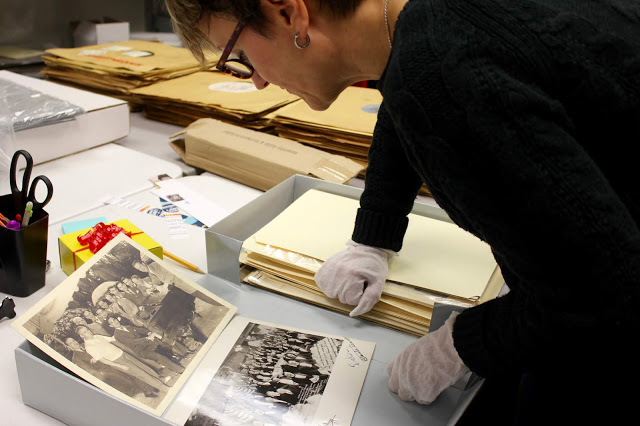
By: Lisa Lobdell, GASF Archivist
Archivist, Lisa Lobdell, pictured in the Songbook Archives exploring a 1914 photo of members of The American Society of Composers, Authors and Publishers housed in the Gus Kahn collection.
In August 2018, I sat for the Academy of Certified Archivists (ACA) exam in Washington, DC. Archival certification is not a requirement for my position at the Songbook Foundation, but after eight years on the job, I wanted to test myself. I was one of 191 eligible archivists to sit for the exam in seventeen sites around the country and in Hong Kong. I arrived for the three-hour pass/fail exam with my identification, letter of eligibility, and three sharpened pencils, as instructed.
The ACA was founded in 1989 to establish postemployment standards for professional archivists. To apply for the exam, applicants must provide graduate degree transcripts documenting 9 credit hours of archival administration courses, an official job description, and a supervisor’s letter of recommendation (Thank you, Chris!), plus have one year of qualifying professional experience. Once accepted, the fun begins.
Archival work encompasses more than one hundred commonly accepted duties and responsibilities. The ACA grouped those tasks into seven domains of professional competency: Selection, appraisal, and acquisition; Arrangement and description; Reference services and access; Preservation and protection; Outreach and advocacy; Managing archival programs; and, Professional, ethical and legal responsibilities. The 100-question multiple-choice exam tests archivists on the seven domains of the profession devoting approximately 14-15 questions per domain.
Archivists work in a variety of institutions from small, private archives with one archivist performing multiple tasks to large universities with staff performing very specialized skills. No matter the institution size, our go-to answer for any professional question is “It depends.” How we manage any one of our tasks depends on staff size, staff expertise, budget, building infrastructure, collection scope or significance, or any number of outside influences. The ACA exam tests applicants only on the standards set by the profession. I read multiple reference books and journal articles in preparation for the exam, many of which I have consulted over the years and some which I do not. Did I answer questions on types of ink used in the 18th century? Yes! Was there a single question about lacquer discs – a format I deal with daily? No! (Maybe I should join the Exam Development Committee to incorporate that into the test.)
The importance of archival certification is growing. The Bureau of Labor Statistics indicates that the profession will grow 13% from 2016 to 2026, faster than average. Many employers are beginning to understand the necessity of hiring archival professionals with a proven mastery of skills and experience. As we embrace a born-digital culture, archivists must remain current on new methods for saving history before it disappears into the cloud. Certification forces us to stay up-to-date with new formats and methods.
Oh, did I mention I passed the exam? Just 4 ½ years until recertification!

